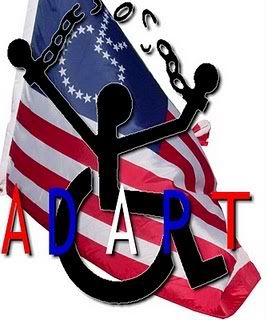Thanks Beth for pointing me to two GREAT articles recently, one of which I will just mention briefly. Debate Over Cognitive, Traditional Mental Health Therapy from the LA Times touches on whether or not therapists should be designing treatment plans within the context of the medical model. But it is the other article, or rather part of it, that is really the focus of this post. The Americanization of Mental Illness from the New York Times also focuses on the medical model, but more extensively.
I'm not going to sum up the entire article as it is super long (totally worth reading the whole thing though) but I am going to pull out two parts. The discussion on the stigma of viewing mental "illness" within the framework of the medical model ("brain-disease"), as "... an illness like any other" (quote from page 3), something purely with a biochemical origin, versus as something originating from situational triggers ("psycho-social") is primarily located on page four. I'm not going to comment on this section anymore except to say GO READ THIS NOW (I'll wait) because I feel like I'd be repeating myself ad nauseam -- especially lately -- as well as because the opinion is substantiated by scientific studies and isn't just my verbal diarrhea.
There is this one quote from page 3 though that really stuck with me and that I will comment on fully.
"Mental illnesses, it was suggested, should be treated like 'brain diseases' over which the patient has little choice or responsibility." emphasis mine
 Little choice or responsibility. Wha? Huh? Seriously? I didn't have little choice over whether or not to be bipolar, I had NO choice. It's not like I woke up one day and said "Gee I think I want to have a major mood disorder." I didn't know until high school that my dad is bipolar and this runs rampant in that side of my family. I just drew the short genetic straw so to speak.
Little choice or responsibility. Wha? Huh? Seriously? I didn't have little choice over whether or not to be bipolar, I had NO choice. It's not like I woke up one day and said "Gee I think I want to have a major mood disorder." I didn't know until high school that my dad is bipolar and this runs rampant in that side of my family. I just drew the short genetic straw so to speak.However, I DO have full responsibility over what I do with this information.

















0 comments:
Post a Comment